Moonpreneur
Update: This article was last updated on 13 February 2025 to reflect the accuracy and up-to-date information on the page.
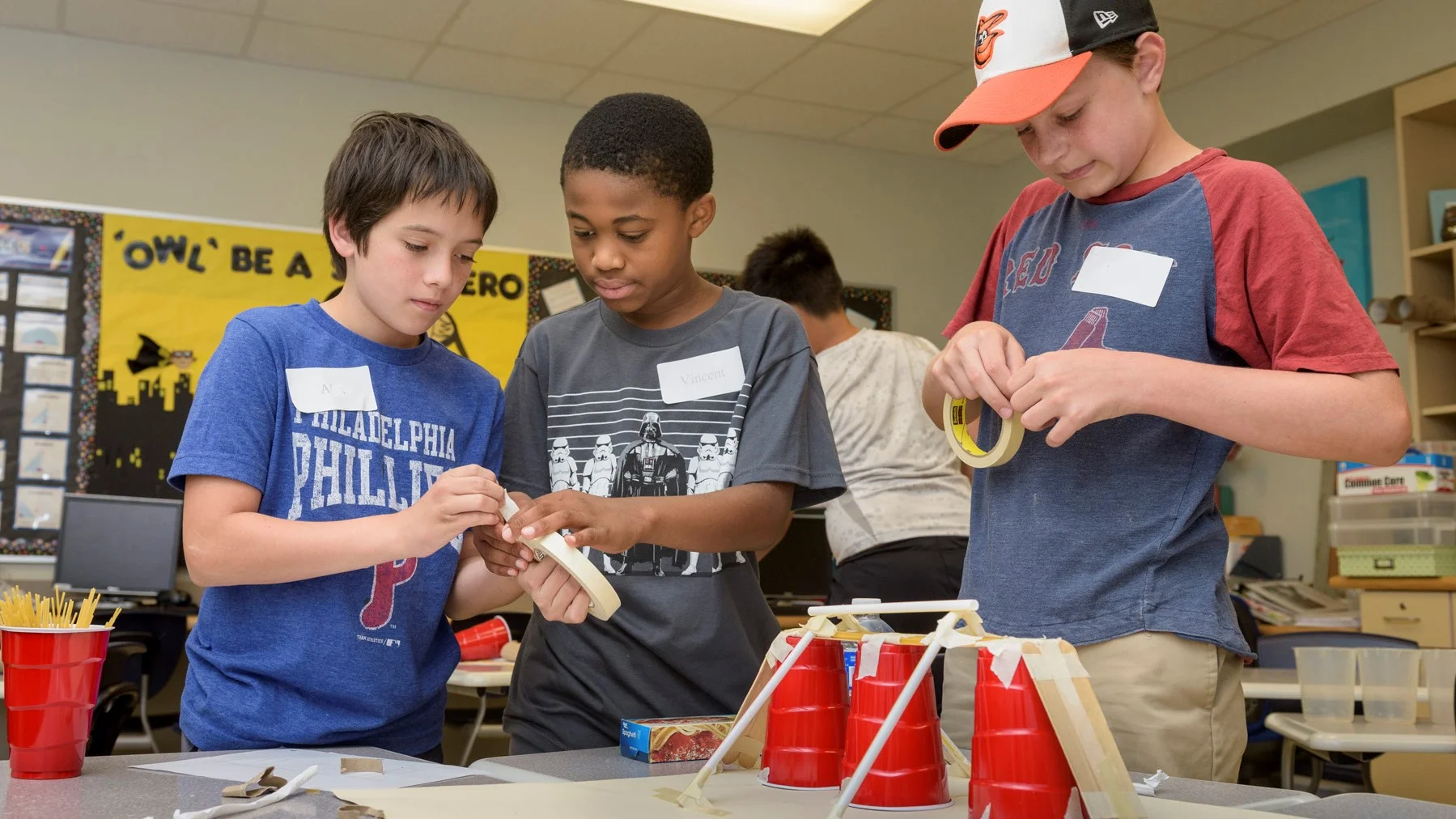
Mathematics is the only subject that instills the very essence of horror in the minds of students. If, by any chance, it happens to be your least-favorite subject to study, throw in more fun! Math can be fun, especially when it is learned through entertaining games and fascinating projects.
Math Projects for Middle School Students would lead the students to develop strong mathematical skills right from their younger days. Middle school is the right age for these projects. Studies show that math projects can really play important roles in building a career in math. For example, being good at math means making rational and logical decisions in life.
So, check out some awesome math projects for middle school that mix learning with fun and engagement!
Here are the Top 10 Fun Math Projects for Middle School: A Must Try!
1. Measuring Volumes and Surface Areas
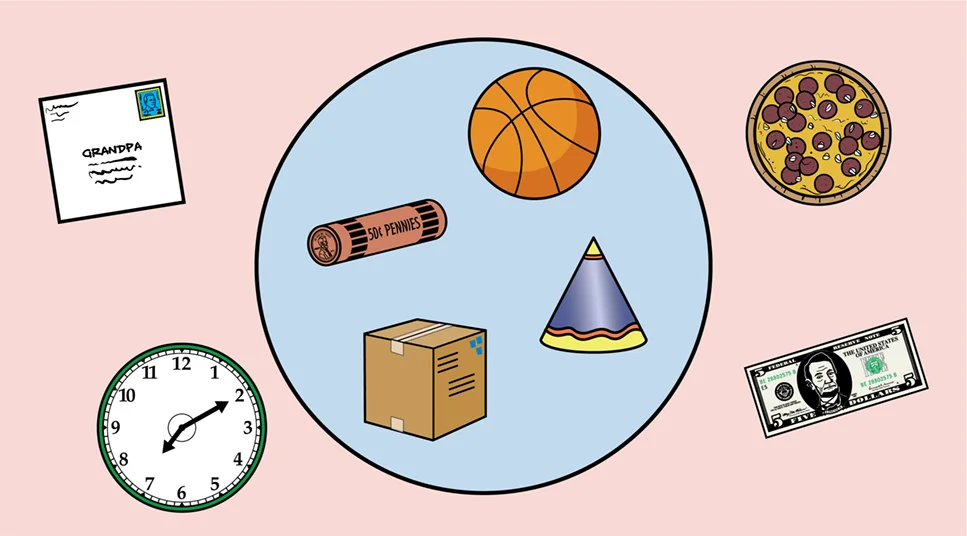
A middle school math project engages students greatly in experiencing geometry in real-life situations. In this project, they will deal with volumes and surface areas by measuring various objects at home through geometrical concepts. The first step makes it about selected materials around the home: boxes, books, containers. The second aspect is to measure their dimensions and calculate their volume and surface area using respective mathematical formulas. Students can use rulers, tape measures, and digital measuring tools to ensure the utmost accuracy.
Passion projects for math allow students to reinforce their understanding of geometric concepts while honing their measurement skills. This hands-on approach fosters a practical application of mathematical knowledge, which turns the lessons into truly interactive and meaningful experiences.
Objective: Development of spatial awareness and measurement skills.
2. Planning and Budgeting a Vacation Trip

Math projects for middle school should be a fun and practical way to teach kids real life. Almost every activity of life needs math and calculations, and one of them is planning for the trip. This math project begins with students selecting a dream vacation destination and specifying all the necessary costs involved: accommodation, transport, and activities.
Students are then provided with some constraints, from which they apply their arithmetic skills to calculate and make sure expenses are kept within their predefined budget.
This project not only refrains from strengthening basic math skills but also teaches students the worthwhile skill of planning-from their current scenario into possible ones of tomorrow.
Objective: To apply arithmetic skills in real-life scenarios.
3. The Best Buy
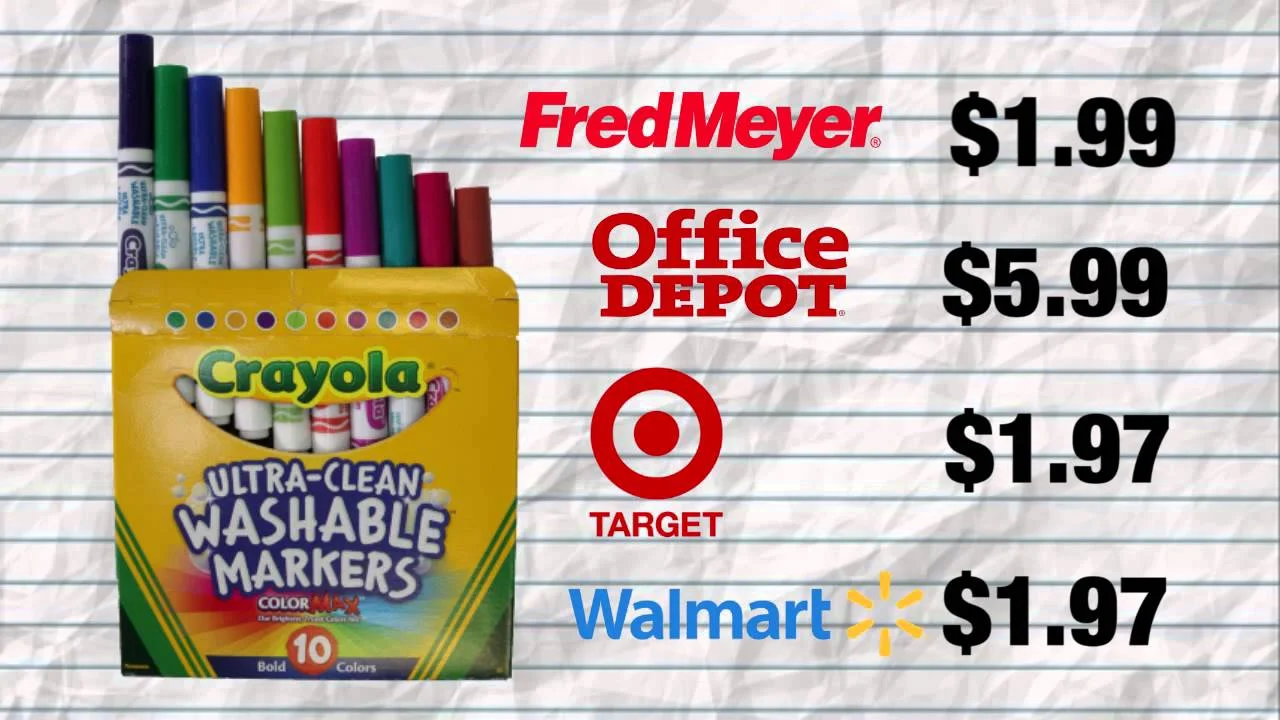
Wanting math project ideas for high school? The Best Buy project challenges students to become budget-savvy shoppers by comparing prices and quantities of similar products. The first step is to select a range of products from different brands or stores. Students then calculate the unit prices and ratios to determine the best value for money.
This math project for high school students gives them an understanding of how math can be applied in real scenarios, enhancing their ratio skills as well as the importance of informed purchase decisions.
Objective: Indulge in comparative studies, understand ratios, and make informed purchasing decisions.
4. Ratio and Baking
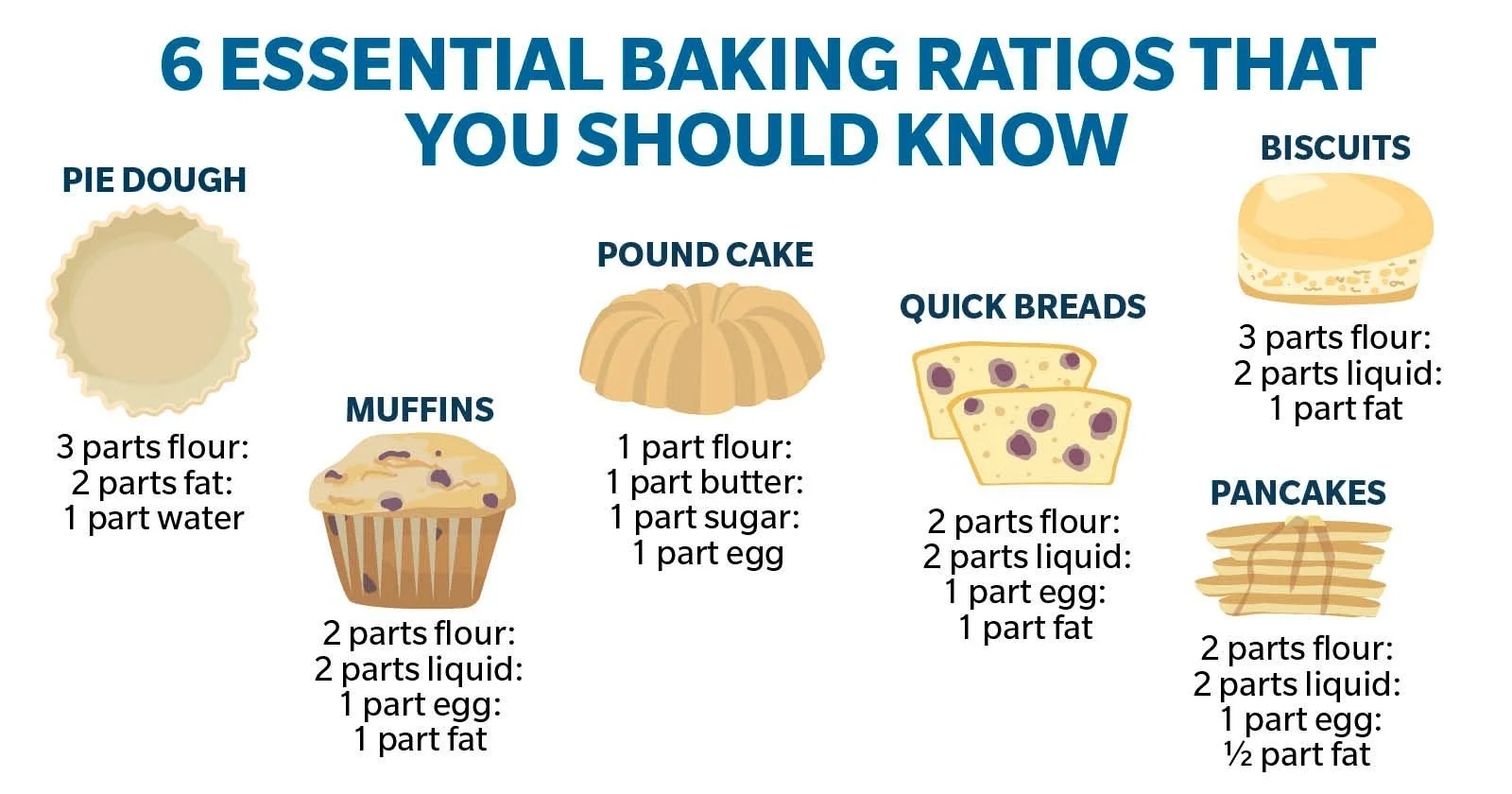
Looking for middle school math project ideas?
This Unique baking project combines cooking with ratios and proportions fun! Students choose one recipe and then convert the recipe in order to have the number of desired servings. Careful measuring, unit conversions, and keeping the correct ratios must be maintained of the ingredients. Students partake in baking and taste-testing their goods, Therefore connecting mathematical concepts with a yummily positive result.
This is definitely a win-win for mathematical skill enhancements and introducing students to cooking fun!
Objective: Relate ratios and proportions to food.
5. Card Game
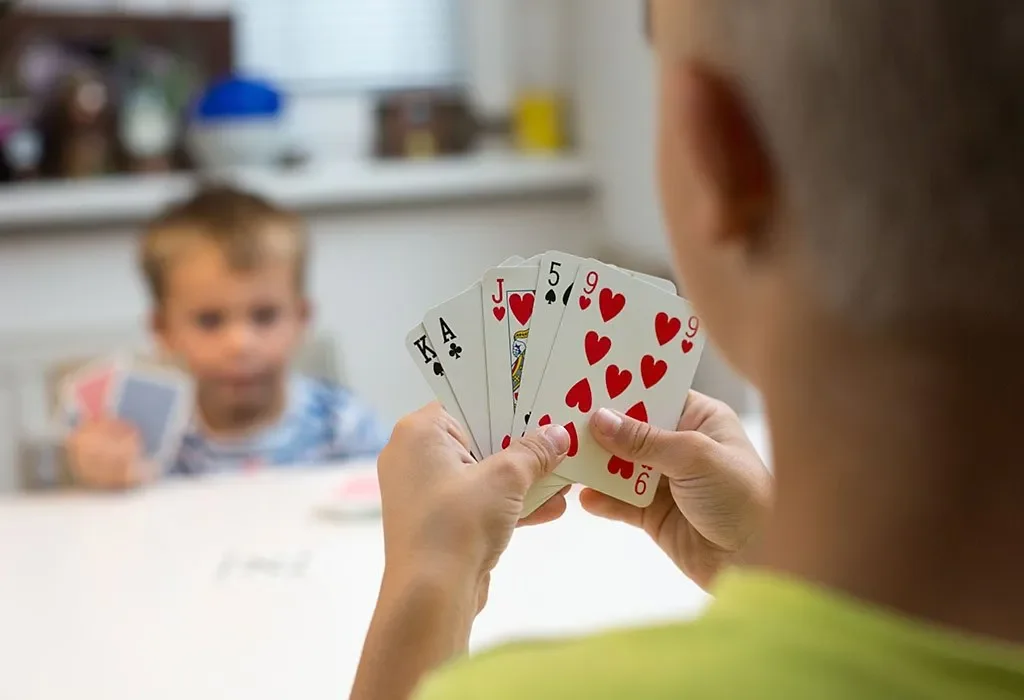
This simple math project allows students to delve into permutations and combinations through the creation of a card game. Students study the different possibilities and combinations of cards from the game while using permutations and combinations to evaluate the total number of outcomes.
This project strengthens not only theoretical concepts but also introduces the application of math in the area of fun, thereby making it an engaging and enjoyable experience.
Objective: To engage with permutations and combinations from the perspective of fun.”
6. Quadratic Tic Tac Toe
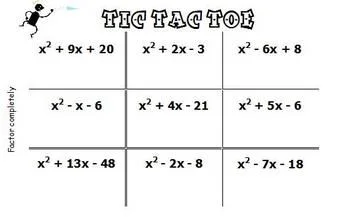
This cool math project that transforms Tic Tac Toe into a quadratic version will really urge the student to apply concepts they have learned about quadratic equations. The first step requires the creation of a game board with quadratic equations in each square. Students then place their markers strategically on solutions to the equations in an attempt to achieve a quadratic configuration.
Not only does this project redefine quadratic concepts, but it promotes critical thinking and strategic planning as well. Thus, it’s a fun, unique way of engaging with mathematical knowledge in a familiar game module
Objective: To build an understanding of quadratic equations.
7. Dream House Designing (3D/2D)
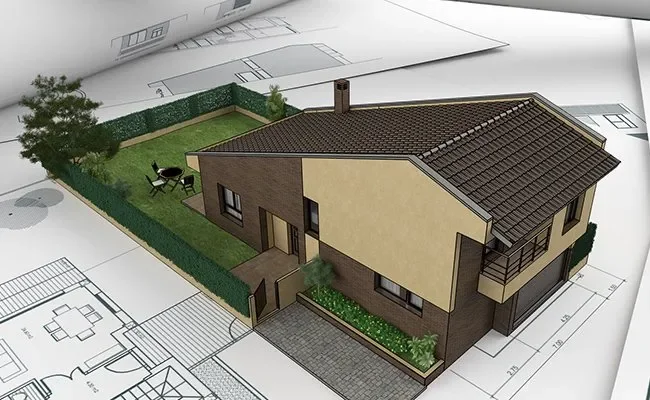
The first project idea would require students to combine application of mathematics with architectural creativity in the designing of a house. This activity consists of layout conceptualizing, and both 2D and 3D aspects are involved. The students will apply geometric principles with exact measurements in drawing up a blueprint aesthetic and functional on paper. Then there will be the creation of a 3D model of the whole structure they have designed using waste materials to enable them to get an experiential understanding and further consolidate their mathematical and design skills in practical learning.
The Project promotes the development of spatial visualization, geometry skills, and architectural awareness. In the end, what they create would be exhibiting mathematical principles applied to real-life design scenarios.
Objective: Use geometric skills in architectural design.
8. Stock Market Portfolio
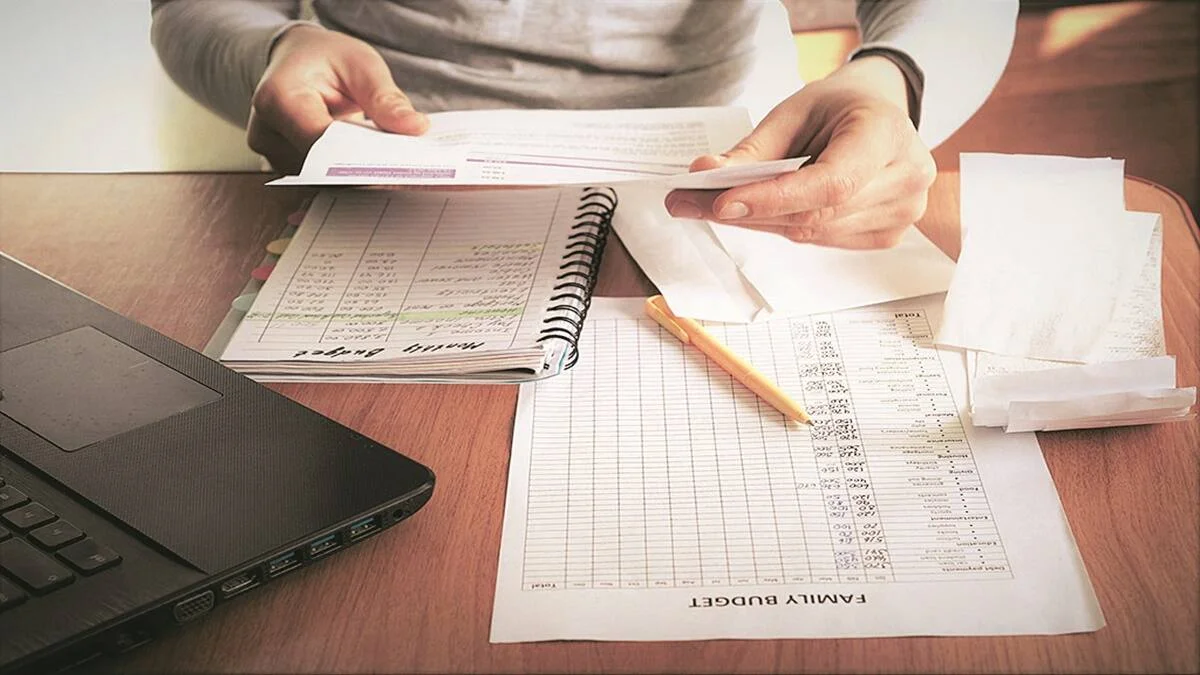
Middle school projects for math are a way to teach financial literacy. This project has students involved in creating a stock market portfolio in certain budget constraints, with so many risks thrown in. Students begin by researching various stocks considering factors like prices, historical performance, and potential risks. The next step is to figure out a diversified portfolio to fit their assigned budget.
This project teaches financial literacy and provides a view into another concept: risk management. Students get real-life experiences in the world of investing, which connects math concepts to real-life financial decisions.
Objective: To introduce financial literacy and risk appraisal.
9. Venn Diagram Project
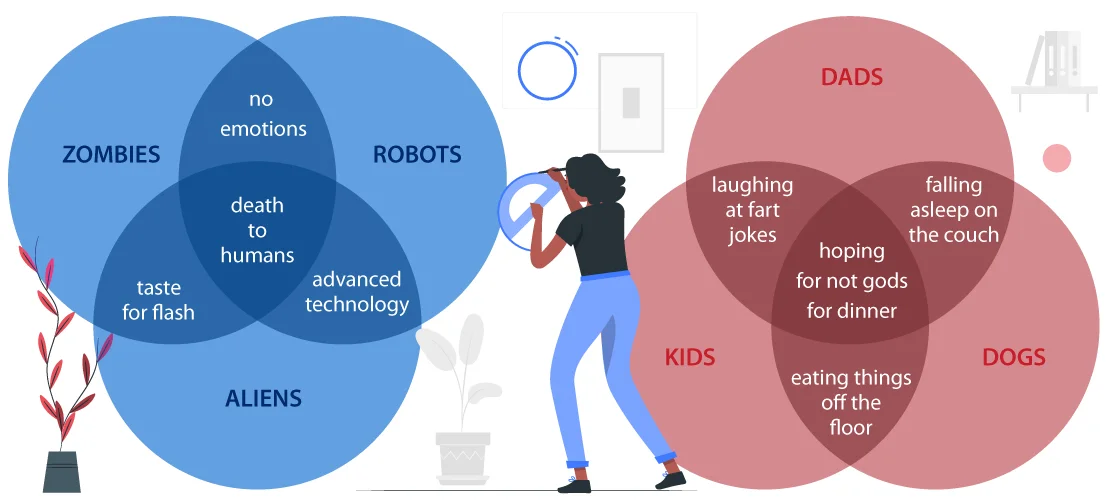
This project focuses on logical reasoning and set theory through the making of Venn diagrams. Students choose an issue with distinct categories and work toward discovering the relations and overlaps among these categories. The first step requires defining the sets and determining the elements in each set. Students then draw Venn diagrams to graphically represent said relationships.
The project enhances logical reasoning skills and provides a concrete application of set theory concepts, allowing students to explore the interconnectedness of different categories.
Objective: To develop logical reasoning and set theory skills.
10. Making Parachutes Using STEM
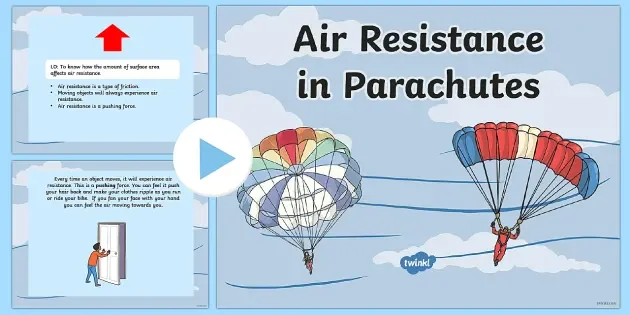
This exciting interdisciplinary challenge for middle school not only indicates fun in the form of a math project, it also nudges students to merge together math with science and engineering principles to design and test parachutes. It first goes into the scientific explanation of parachute—surface area, weight, and air resistance. Then, students will use math calculations to optimize the design.
Ultimately, they will put to the test their parachutes and analyze their performance during the testing. This experience provides hands-on training to augment math skills while practically demonstrating the relevance of math in science and engineering.
Objective: Apply mathematical concepts in a science and engineering context.
Other Math Projects or Activities You Can Try On
- Paper Airplane Competition
- Calculating Budget for Dream Holiday Vacation
- Math Riddles, Quizzes, and Puzzles
- Mathematics in Grocery Shop
- Outdoor math hopscotch
These examples are merely a slice off the cake. The subject of math is wide and fascinating. With it, you can come up with umpteen projects. However, before you formulate anything concerning a project, consider the ones below:
- The project must imply advanced math skills explicitly.
- It should not be too hard to grasp.
- It should be fun.
- Whatever team wins should be duly rewarded by the teacher to mount a sense of motivation.
- It should encompass other lifeskills apart from mathematical skills like patience, teamwork, problem-solving, etc.
Conclusion
Learning math can be very boring if it is taught the traditional way. The math project ideas for middle school to be offered in this course supplement a child’s learning experience and can really bring in hands-on excitement. While basic theory remains important for examination, this way of learning math strengthens core concepts.
Math project ideas for middle school are one of those things that make for exciting and entertaining ways to learn math. These games are fun and will cramp all the aspects of mathematics and science. These project ideas and activities will activate students’ engagement, thereby making them spend more hours on studying while playing. These games will divert the attention of the students from their mundane regular classes. Along with math projects, holding math competitions will be another fun way to promote healthy competition and encourage students to further self-study mathematical concepts.
Is your child bored with mathematics? Want to motivate them to hone their mathematics skills? Moonpreneur’s online math curriculum is special because it helps kids internalize math skills through hands-on lessons, engages them in making real-life applications, and excites them from learning math.
You can opt for our Advanced Math or Vedic Math+Mental Math courses. Our Math Quiz for grades 3rd, 4th, 5th, and 6th makes learning mathematics further exciting and engaging with hands-on lessons.


























are math projects really helpful, i mean most of the kids find projects as a hectic part ad never enjoys it
Math projects can be helpful when designed with creativity and relevance. To make them enjoyable, you must add some engaging and fun factors that would allow kids to have different learning styles and explore interests.
Is it possible to enjoy math?
Absolutely! Many people find joy in math when taught in engaging ways that connect to personal interests.